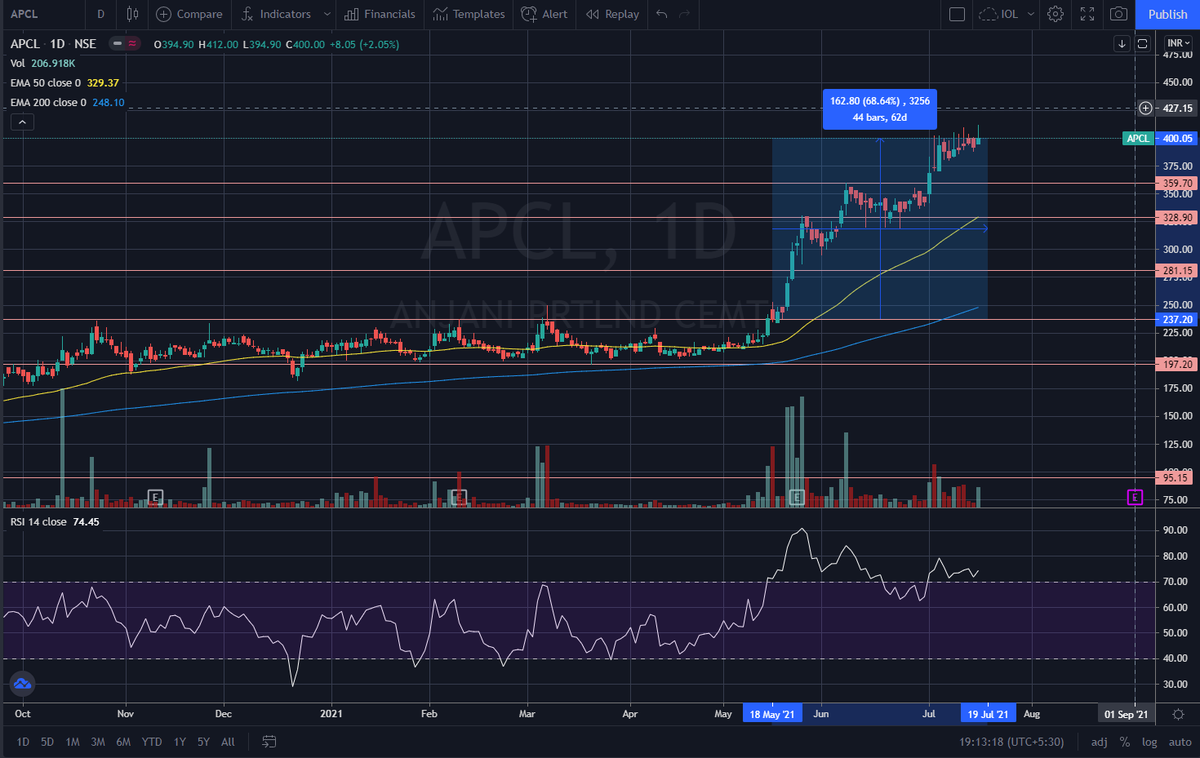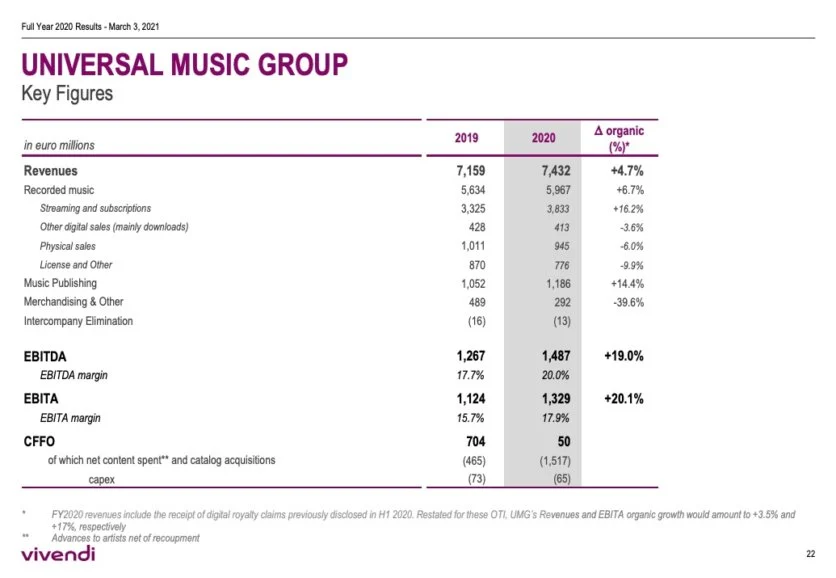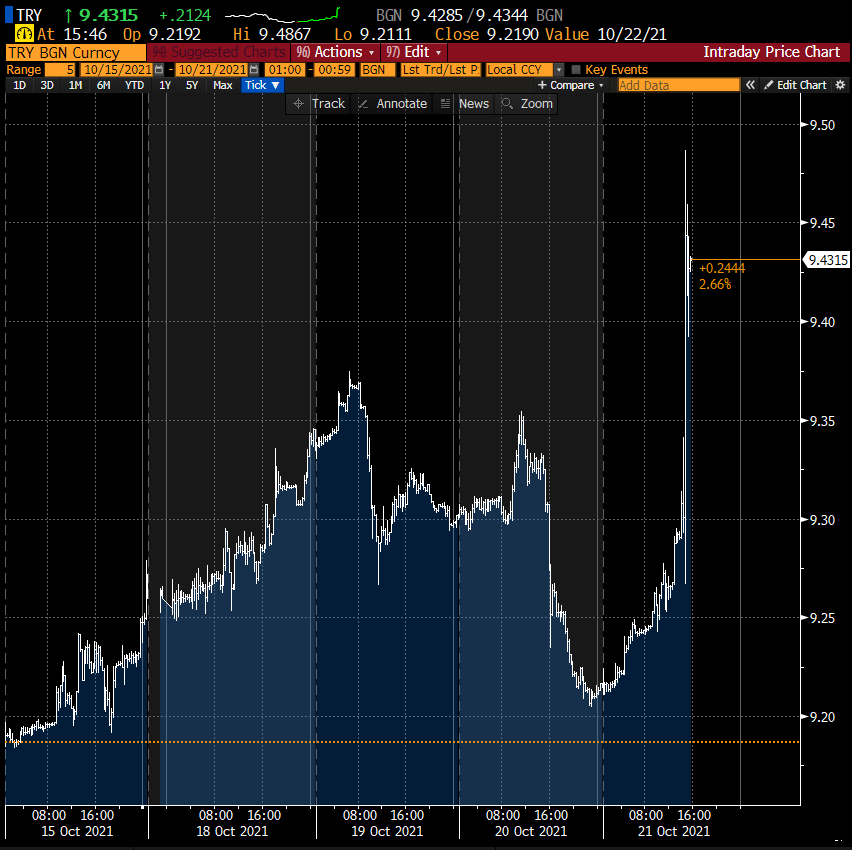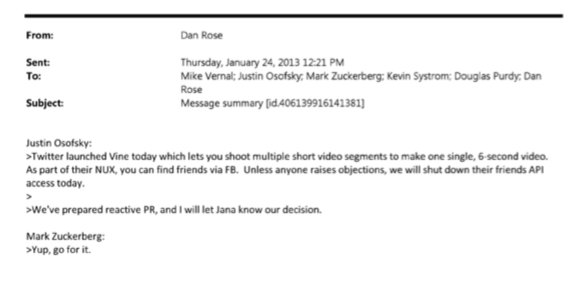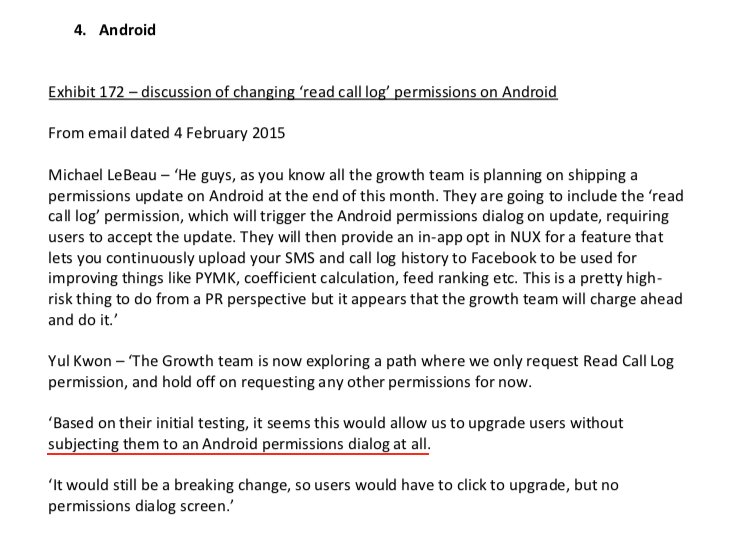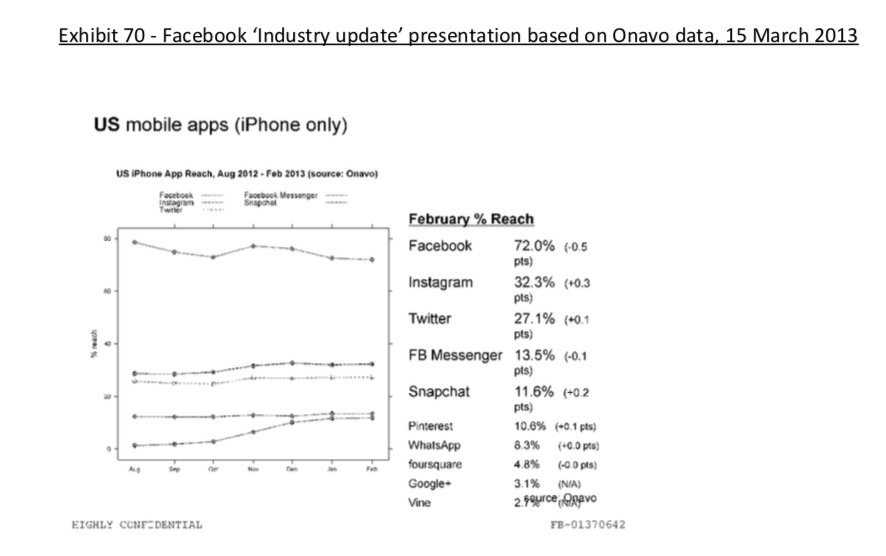ETFs stand for Exchange Traded Funds
The easiest way to understand them is to think of them as Mutual Funds that are traded on the exchange just like stocks.
(technically, ETFs are nothing like Mutual Funds)
ETFs are structured as pools of investment that are inclined to
a. lower the fees associated with investment
b. shift the bulk load of fees to frequent traders of the ETF than holders
c. allow investors to invest in diverse set of securities / asset classes easily
ETFs originated after the stock market crash of 1987 in US
'Passive Investing' was the new shiny thing and investors wanted a low cost way to invest in the index without any manager actively managing their investments
Enter Nate Most
Nate Most is known as the father of ETFs
A physicist by training, Nate got the idea of ETF from warehouse receipts
Once a commodity is stored in a warehouse, the depositor gets a warehouse receipt
They could then use the warehouse receipt to buy, sell, loan, finance etc. without moving the commodity from the warehouse each time.
An ETF works on the same principle
When you buy an ETF, what you are indeed buying is an ownership receipt to shares deposited at a depository somewhere in the world
Similarly, when you sell the ETF, you are selling the ownership receipt instead of the underlying shares
Because each time, the buy or sell occurs, the shares do not have to be transferred out of the depository, you tend to save on a lot of expenses
This is one of the main reasons why expense ratios on ETF are so low
If you want to learn more about History of ETFs, you can listen to this short podcast by Bloomberg
https://t.co/Ed4VdX2WOo
The way an ETF functions is also different from Mutual Funds
Typically, each ETF has an sponsor
It is the sponsors responsibility to decide what shares/securities go into the ETF in what proportions and what gets out
For example, Cathie Wood and ARKK Management is the sponsor of ARKK Innovation ETF
Below the sponsor are Authorized Participants (APs)
These APs are usually broker dealers who are the only authorized market participant to create or redeem units of an ETF
APs make their return via the bid and ask spread on the ETF & are the main providers of liquidity
This de-linkage between the ETF Sponsor and Authorized Participant is one of the reasons ETFs do not ever have a redemption problem
Authorized Participants take care of the creation, redemption and occasional rebalancing process
Lets understand this in detail.
ETF Creation Process
Whenever new units of ETF need to be created, the AP will simply buy the underlying stocks from market in proportions described by the ETF sponsor
AP then delivers this basket of stocks in exchange for ETF units
These units are then sold in the market
ETF Redemption Process
Whenever AP wants to redeem units of ETF, they will sell the units to ETF sponsor and get the basket of underlying securities
Regular buying and selling of ETF units for cash happens in the secondary market on the exchange & in no way effects the sponsor
Finally, lets understand what are some of the factors to pay attention to while investing in an ETF
The first one is your reason to invest
ETFs are great for passive index investing since bulk of the cost burden is transferred to traders of the ETF than holders
However, in India, index ETFs arent popular & majority still invest via Mutual Funds
This lead to liquidity issues
Similarly, residing in India, its better to invest into foreign indexes like Nasdaq 100, S&P 500 etc. via a domestic mutual fund instead directly into an overseas index ETF
as taxation of the ETF returns will bite away a significant chunk of your overall returns
ETFs are a great way to diversify your portfolio and get exposure to certain industries without the hassle of taking stock specific risks
For example, you may buy an ETF like $UFO which invests in a variety of Space Sector companies
ETFs are also a great way to take geographic exposure without going through all the trouble of setting up brokerage accounts in the local jurisdiction to own the stock
For example, $REMX is an ETF that invests in rare earth companies around the world from Australia to China
Below are some of the checks you should perform, before investing into an ETF
Check # 1
What is the tracking error?
Tracking error refers to the standard deviation of differences in daily performance between the index and fund tracking the index
Tracking errors are usually reported & tracked for a 12 month period
Larger the tracking error, lower the return
Check # 2
How often the sponsor churns the ETF?
Cathie Wood for example is famous for churning the holding of the ETF on an almost daily basis
Higher churn rates indicate uncertainty by the sponsor of the underlying holdings
If you cant be certain of the underlying holdings, what good is the ETF?
Check # 3
Is the taxation rules for investing in ETF in your area favorable?
I see a lot of new app based brokerage houses advocating for in US based ETFs without informing their customers about the taxation rules
Check if tax rate is eating your return?
Check # 4
Is the ETF liquid & fund house reliable?
Liquidity shouldn't be a concern if you are investing for greater than one year but if an ETF is too small in size, that liquidity may never arrive.
Finally, Vanguard & iShares command more confidence over a random fund house
Before closing this thread,
below are screenshots of my handwritten notes of the ETF chapter in the CFA Curriculum (in case you want to go further down the ETF rabbit hole)
Thank you for reading!
I hope you've found this thread helpful.
Follow me
@itsTarH for more.
Like/Retweet the first tweet below if you can:
https://t.co/MW6snMb2FG
I write a new thread every weekend simplifying investing concepts.
All my previous work, can be found here
https://t.co/KkZtWxWpd5
I also write occasional deep dives and long form articles on stocks and emerging investing trends, you can subscribe to them for free here
https://t.co/3OwTRkY8BZ
Occasionally, conduct webinars that deep dive into a sector in its true sense
Here is a 5 hour long webinar on Green and Renewable Energy ☀️
Lots of India, Chinese and US companies covered along with Global Demand and Supply scenario
https://t.co/rkiK2iHlS0
Thank you for reading, here is another thread, you may like
https://t.co/MROEXvkPKN
You can read the unrolled version of this thread here:
https://t.co/a5kT5ER8eC






















